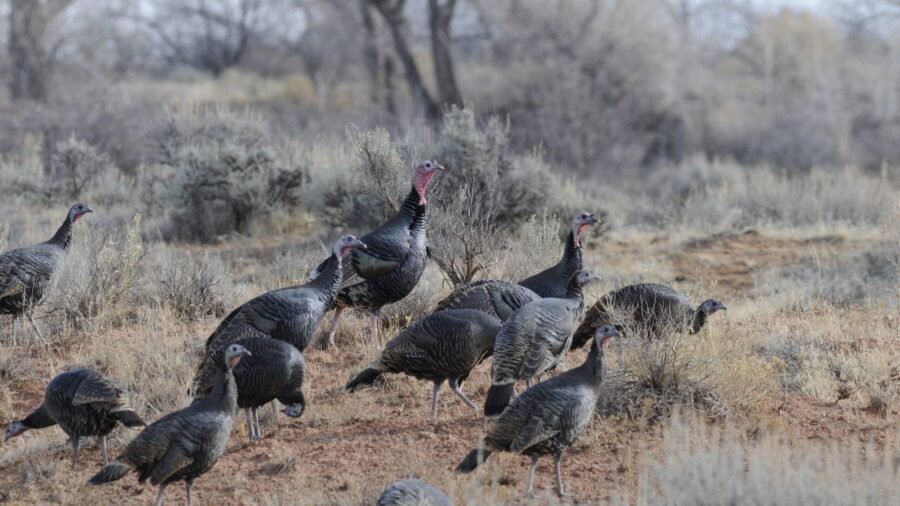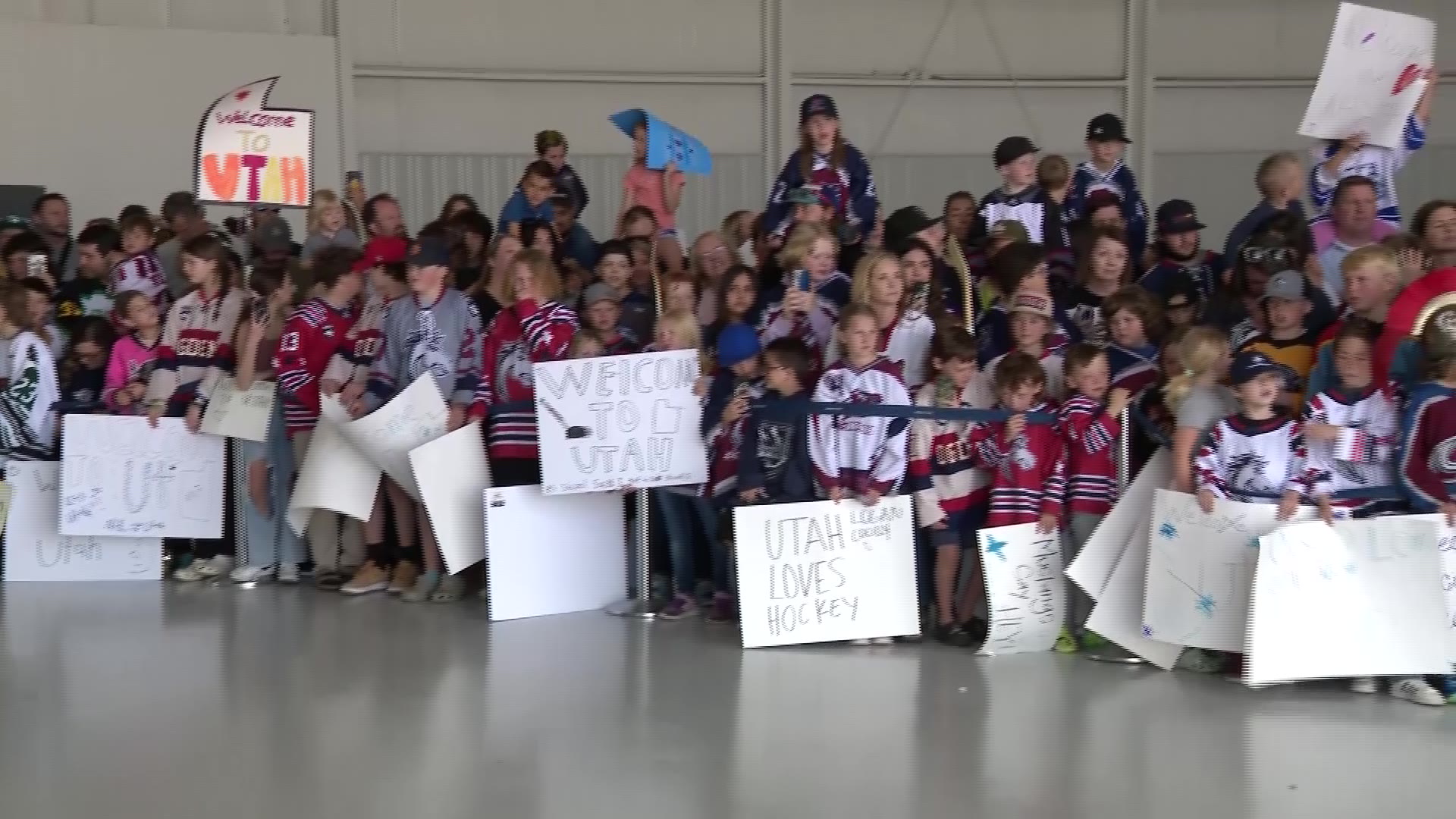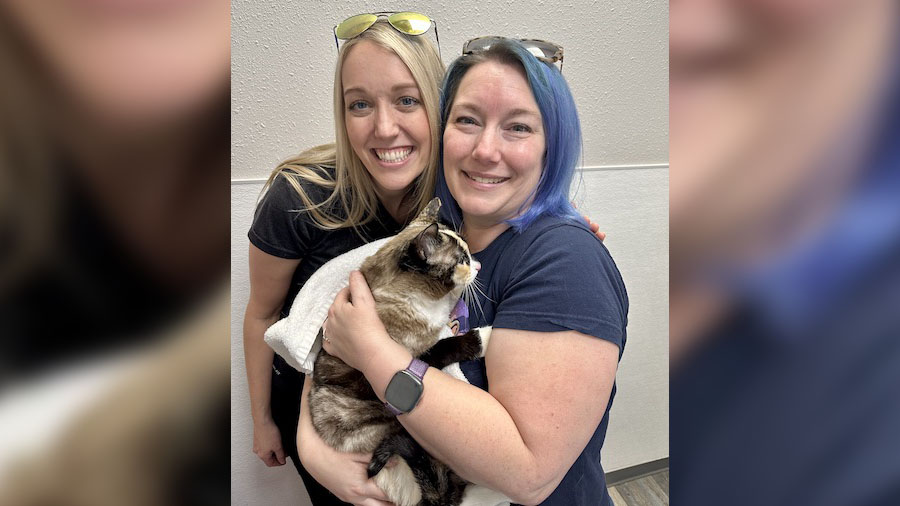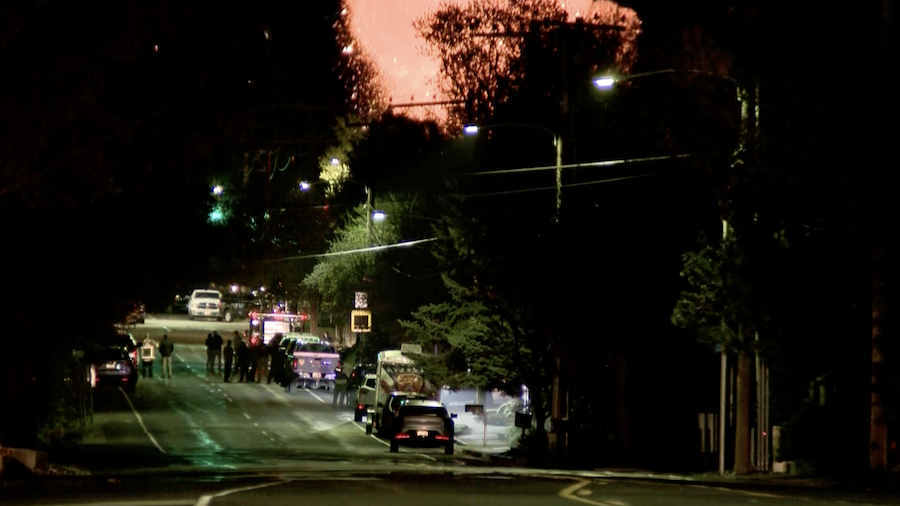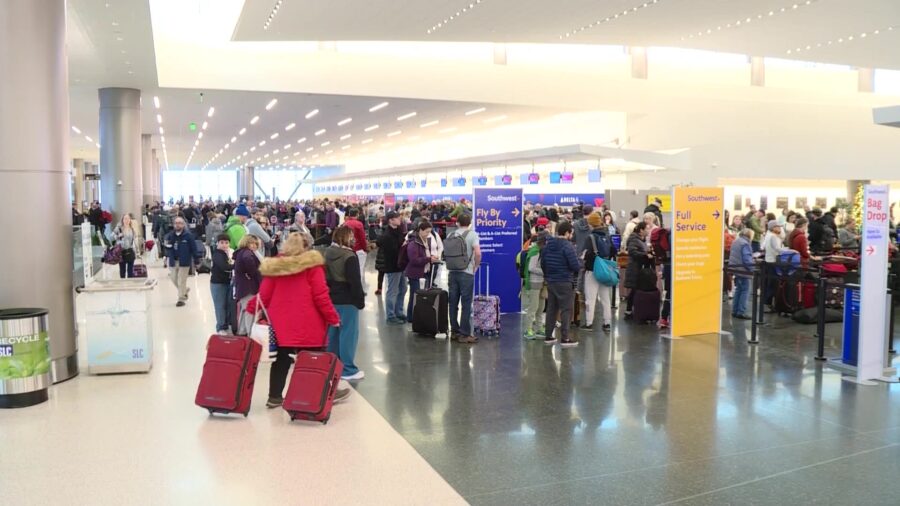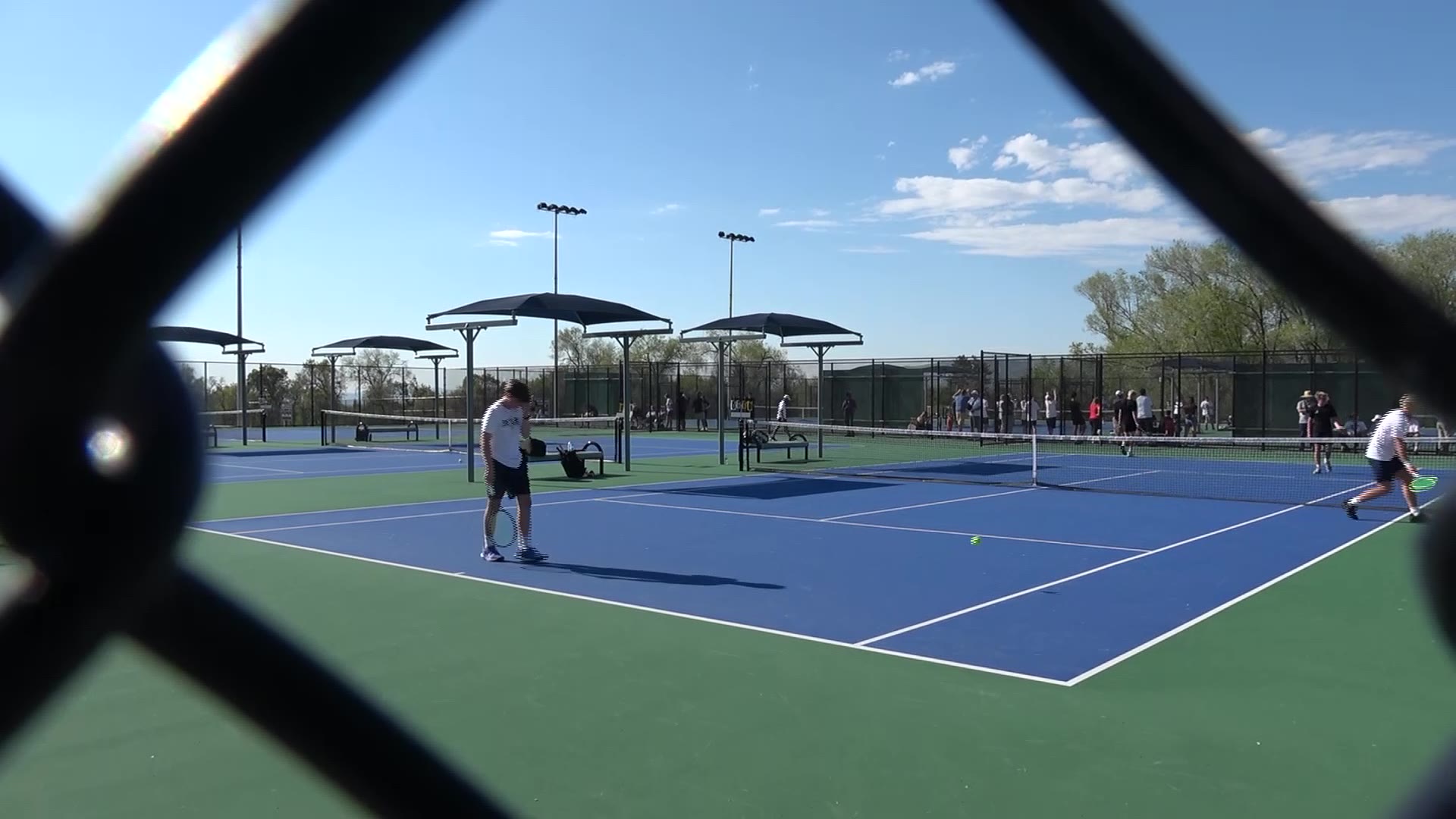Killing Brings Up Questions of Security Guard Screening
Oct 24, 2018, 4:55 PM | Updated: Oct 25, 2018, 11:17 am
SALT LAKE CITY, Utah – The man accused of killing Utah student athlete Lauren McCluskey worked as a security guard at a Salt Lake City bar in the weeks before the shooting. The security company now faces questions because a convicted felon cannot be licensed as a security guard.
KSL has discovered, the security company we’re told Melvin Rowland worked for didn’t have a license either.
Rowland had reportedly worked security at a bar in Salt Lake City this fall, as a contract worker for Black Diamond Security Group. Neither he nor the company had a license, and the security company was already under investigation by the state.
“If a security officer does something inappropriate, it affects us all. It makes everybody look bad,” said Rob Anderton, chairman of the Professional Alliance of Contract Security Companies.
Anderton has been working in the security profession more than four decades.
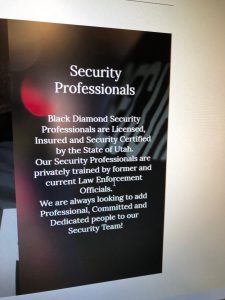 He literally helped write the book on training standards for security officers in Utah. Anderton said no reputable security company would ever hire a convicted sex offender who spent 9 of the last 14 years in prison, as Rowland did.
He literally helped write the book on training standards for security officers in Utah. Anderton said no reputable security company would ever hire a convicted sex offender who spent 9 of the last 14 years in prison, as Rowland did.
“No one that has been convicted of a felony will be licensed – period, end of discussion,” said Anderton. “That goes back to 1994.”
So, how does a security company hire a convicted felon who was paroled in April? The Black Diamond Security Group has not answering KSL’s calls. Anderton said he finds it hard to believe.
“I don’t know,” he said. “They’re evidently not too concerned about their clients, taking shortcuts.”
Anderton said he noticed Black Diamond Security advertising for guards a few months ago. He discovered they did not have a license by checking the Utah Department of Professional Licensing, and filed a complaint with the Department of Commerce, which confirmed it was investigating.
Anderton recommended that anyone hiring security guards should look the company up on the Department of Professional Licensing website.
“You want a company that is licensed,” he said. “If you’re licensed in the state, you go through an FBI background check.”
Anderton said it appeared to him that did not happen with Rowland.
Officials with the University of Utah Department of Public Safety confirmed that Rowland worked as a bouncer, but did not specify where.

